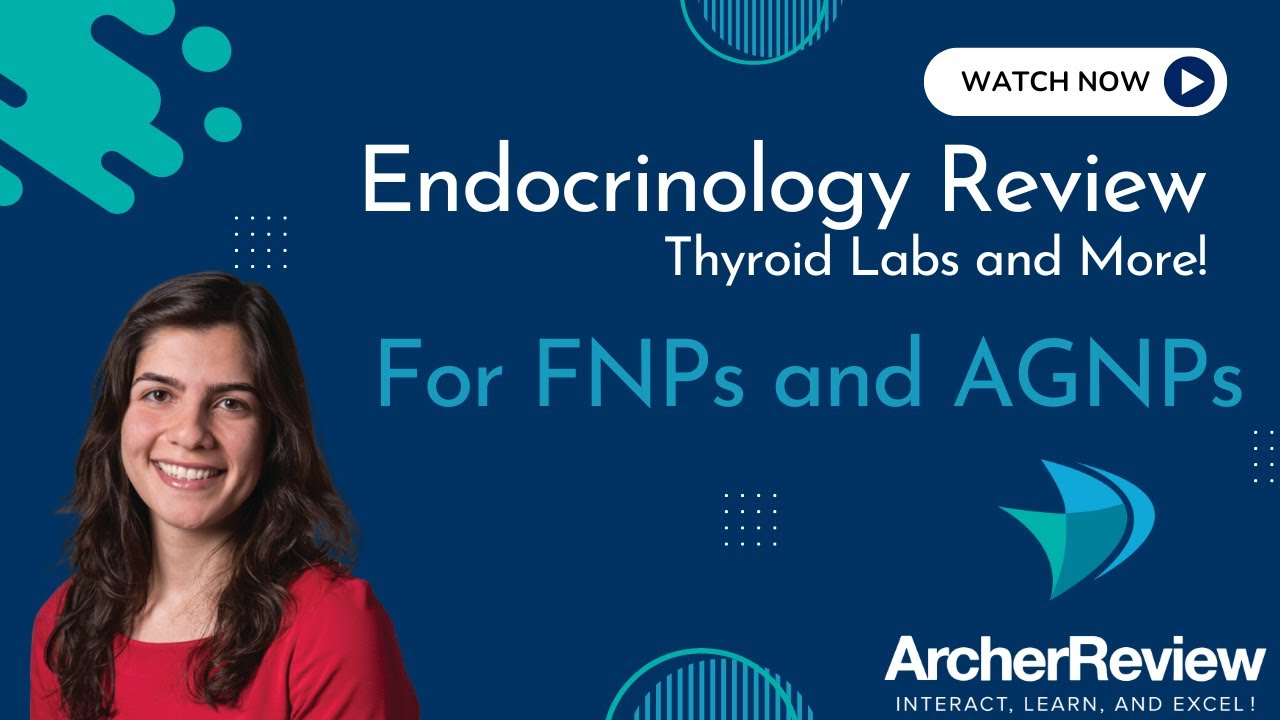Guideline recommends plasma exchange for some demyelinating disorders
Reuters Health • The Doctor's Channel Daily Newscast
However, plasma exchange should not be used for chronic or secondary progressive multiple sclerosis (MS) or for neuropathy associated with immunoglobulin M gammopathy, the academy advises.
In a search of MEDLINE, Cochrane Library, Web of Science and EMBASE (1995-2009), an expert panel headed by Dr. Irene Cortese at the National Institutes of Health in Bethesda, Maryland, identified 59 relevant articles. Their report and recommendations appear in the January 18 issue of Neurology.
As to relapsing MS, they say plasmapheresis should be considered for exacerbations that don’t respond to high-dose corticosteroid treatment. They have the same advice for other forms of acute fulminant central nervous system demyelinating diseases, including acute disseminated encephalomyelitis, neuromyelitis optica and transverse myelitis.
They also recommend the procedure for Guillain-Barre syndrome (also called acute inflammatory demyelinating polyneuropathy) that impairs walking or requires mechanical ventilation. It should be considered for milder episodes as well, although intravenous immunoglobulin is another choice in such cases.
For IgA and IgG monoclonal gammopathy of undetermined significance – but not for that due to IgM – plasmapheresis should be considered.
On the other hand, data are insufficient to support or refute plasma exchange for myasthenia gravis, Sydenham chorea, or acute obsessive-compulsive disorder or tics due to pediatric autoimmune neuropsychiatric disorders associated with streptococcal infection (PANDAS).
Plasmapheresis is thought to work by removing demyelinating factors and circulating antibodies involved in autoimmune diseases.
The authors recommend more research to establish the optimal plasma exchange protocol for all indications, as well as larger trials for individual demyelinating diseases where evidence is weak or insufficient (e.g., myasthenia gravis, PANDAS). They also call for head-to-head trials of plasmapheresis compared to other treatment options in MS.
Four authors report that they receive publishing royalties for books and journals, and three have financial ties to pharmaceutical companies. In addition, two are inventors on patents for Total Neuropathy Score, for which they receive technology royalties.
Neurology 2011;76:294-300.






